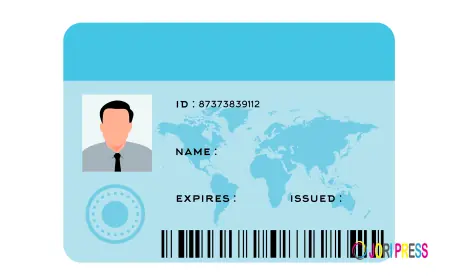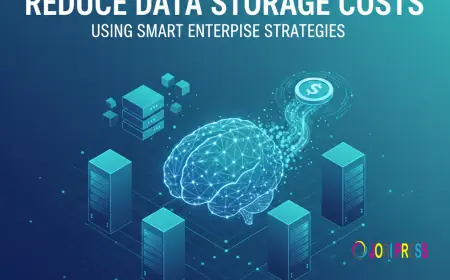How Ethical Data Use in ESG Reporting Builds Brand Loyalty
Explore how ethical data use in ESG reporting strengthens brand integrity, improves decision making, and fosters compliance. Discover why transparency and governance excellence are vital for building trust with stakeholders in sustainable business.

Ethical data use in ESG reporting is more than a compliance checkbox—it’s the foundation on which trust is built. In a world that demands transparency, organizations face growing scrutiny over how they collect, process, and present environmental, social, and governance data. The integrity of this data informs investor decisions, strengthens stakeholder confidence, and upholds company reputation. This article explains why ethical data use in ESG reporting matters and how it benefits responsible organizations.
Understanding Ethical Data Use in ESG Reporting
Ethical data use in ESG reporting means ensuring accuracy, respecting privacy, and maintaining consent throughout data lifecycle. This includes careful data collection, rigorous validation, and honest representation. Ethical practice prevents misrepresentation and fosters credibility with investors, regulators, and communities. This credibility is foundational to strategic ESG engagement.
The Role of Transparency in Building Trust
Transparency encompasses sharing methodologies, limitations, and the rationale behind data decisions. When companies openly disclose data sources, assumptions, and any uncertainties, they create an ecosystem of understanding rather than suspicion. This openness helps stakeholders feel informed, validated, and reassured about the integrity of reported ESG data.
Strengthening Governance Through Ethical Data Practices
Embedding ethical data protocols in governance frameworks ensures accountability at every level. Governance structures that define roles, responsibilities, and data audit trails support consistent, reliable ESG reporting. Ethical data governance fosters adherence to global frameworks while safeguarding against data biases, errors, or misinterpretation.
Minimizing Risk With Responsible Data Handling
Irresponsible data use introduces legal, reputational, and financial risks. Ethical handling mitigates these risks by complying with data privacy laws, protecting sensitive stakeholder information, and avoiding misleading representation. Companies that proactively ensure data integrity reduce the likelihood of regulatory penalties and public backlash.
Aligning Ethical Data Use with Stakeholder Expectations
Stakeholders—ranging from investors to customers and civil society—expect honest and traceable ESG data. Ethical data use shows respect for stakeholder rights, instills confidence in reports, and supports informed decision making. This alignment is critical for securing long-term support and meaningful collaboration across the value chain.
Leveraging Technology for Ethical ESG Data Collection
Advanced tools like secure platforms, anonymization algorithms, and audit-ready databases elevate ethical data handling. Technology automates validation, tracks provenance, and ensures consent management while safeguarding sensitive information. Smart adoption of these tools translates into efficiency, integrity, and defendable ESG reporting.
Conclusion
Ethical data use in ESG reporting is the bedrock of trust in sustainable business. It reinforces transparency, strengthens governance, limits risks, and aligns with stakeholder values. Organizations that lead with integrity in data practices not only protect themselves—they build a lasting reputation rooted in credibility and responsibility.
What's Your Reaction?
 Like
0
Like
0
 Dislike
0
Dislike
0
 Love
0
Love
0
 Funny
0
Funny
0
 Angry
0
Angry
0
 Sad
0
Sad
0
 Wow
0
Wow
0


















































